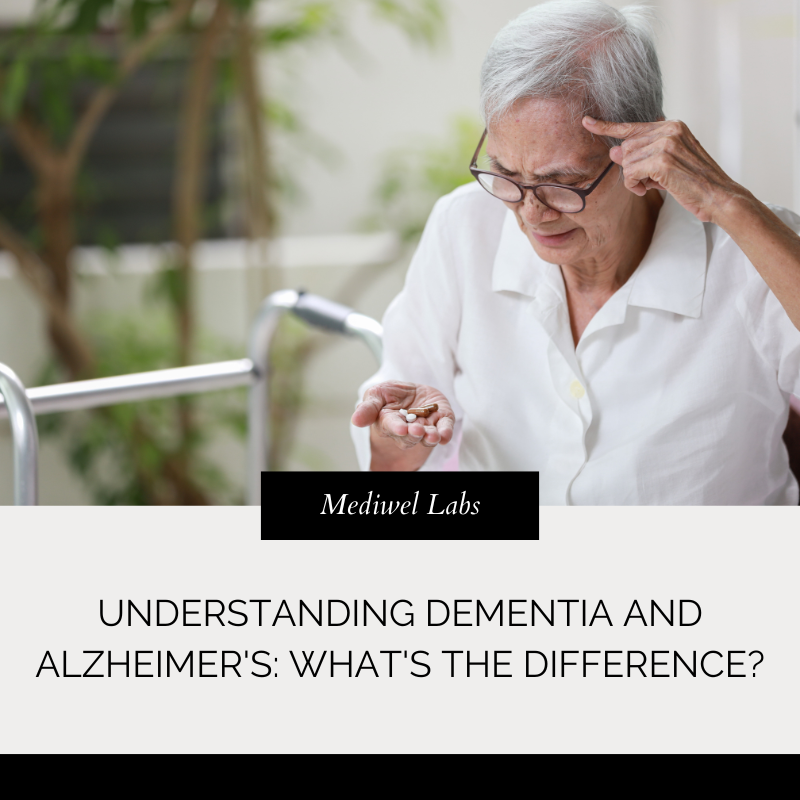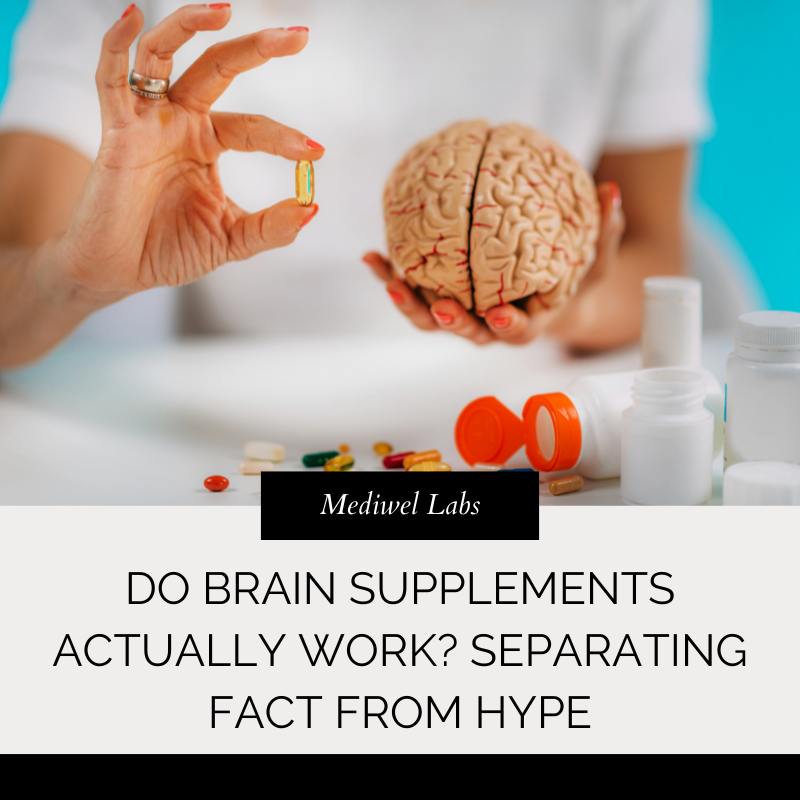Many people use the terms "dementia" and "Alzheimer's" interchangeably, but they refer to distinct concepts. While closely connected, understanding the difference is a key step in learning about cognitive health.
Dementia: An Overall Term
Think of dementia as an overall term, not a specific disease. It describes a group of symptoms that affect cognitive abilities. These symptoms can include changes in memory, thinking skills, judgment, problem-solving, and even behavior. When these changes are severe enough to impact daily life, they point to dementia.
Dementia can be caused by various conditions that damage brain cells, affecting their ability to connect. Some common signs of dementia include:
-
Memory challenges, particularly with recent happenings.
-
Difficulty with communication or finding the right words.
-
Problems with focus and attention.
-
Changes in mood or behavior.
-
Challenges with reasoning and judgment.
Alzheimer's Disease: A Specific Type of Dementia
While dementia is a broad term for symptoms, Alzheimer's disease is a specific brain disease. Alzheimer's is a progressive neurodegenerative disorder, meaning it gradually worsens over time as brain cells are damaged and lost.
Typically, Alzheimer's disease first affects the part of the brain linked to learning. This is why early symptoms often involve difficulties with new memories, thinking, and reasoning. Over time, as the disease progresses, these cognitive issues become more pronounced, leading to the symptoms categorized as dementia.
It's important to remember that Alzheimer's is just one form of dementia. There are several other types, each with its own causes and characteristics. These include:
-
Vascular Dementia: Often caused by reduced blood flow to the brain, perhaps due to small strokes.
-
Lewy Body Dementia: Marked by abnormal protein deposits in the brain, sharing symptoms with both Alzheimer's and Parkinson's disease.
-
Frontotemporal Dementia (FTD): A group of disorders caused by the degeneration of specific brain areas, leading to changes in personality, behavior, or language skills.
-
Mixed Dementia: Occurs when a person has brain changes from more than one type of dementia, often Alzheimer's and vascular dementia.
Doctors use specific criteria and evaluations to determine the underlying cause of dementia, as this helps guide care and support. Understanding the distinction helps in recognizing that while all Alzheimer's involves dementia, not all dementia is Alzheimer's.
Supporting Your Cognitive Health
Understanding the differences between dementia and Alzheimer's disease helps you better grasp the complexities of brain health as we age. Caring for your brain involves a multi-faceted approach, including mental engagement, physical activity, and good nutrition.
For those looking to proactively support their cognitive health and mental clarity, particularly adults aged 50 and above, Cere Nac can be a good addition. Cere Nac is a brain supplement with a scientifically formulated blend of ingredients, including NAC (N-acetyl cysteine), Glycine, Alpha GPC, Citicoline, and Phosphatidylserine.
It is designed to help support brain function, manage neuro-inflammation, and enhance memory, focus, and overall cognitive performance by targeting oxidative stress. To learn more about how Cere Nac can fit into your routine, click here





Leave a comment
This site is protected by hCaptcha and the hCaptcha Privacy Policy and Terms of Service apply.